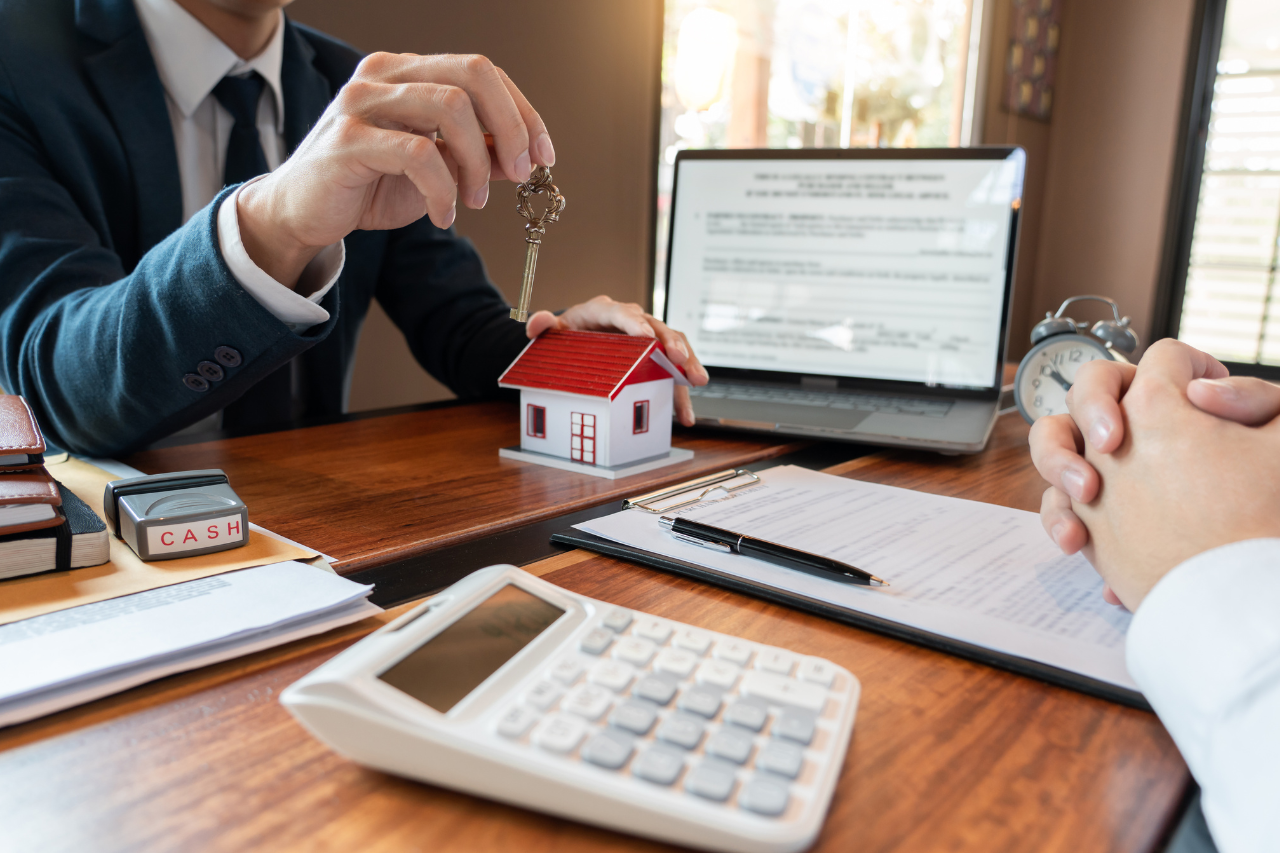What to Look for in Your Residential Lease
- Posted on April 12, 2016
- In Lease, Real Estate Attorney, Real Estate Law, Real Estate Title, Residential Lease, Residential Real Estate
Nashville is booming and so is the local real estate market. As Music City grows, the need for trustworthy real estate advice and representation is more important than ever.
According to the National Multifamily Housing Council, 37% of American live in rented properties. As homeownership falls, more people are renting and paying more for the privilege. Knowing what to look for in your residential lease will help you rest easy and enjoy your new surroundings. Hiring a real estate attorney to review your lease agreement is a sure-fire way to protect your rights and your future. Regardless of whether or not you work with an attorney, though, it’s important to know what to look for in a lease and understand your rights.
The Basics
If you’re new to the rental game, the sheaf of paper facing you may resemble those online “terms and agreements” you have undoubtedly signed without bothering to read. Don’t make that mistake with your lease! A lease or rental agreement is your contract with the property owner or manager (“landlord” or “lessor”) for you (“tenant” or “lessee”) to use that property in exchange for payment. Read this often-lengthy document carefully; it details the rights and responsibilities you and your landlord are agreeing upon. Take note any areas that need clarification or questions and concerns you may have. If something doesn’t seem fair, do your research or reach out to a real estate law firm to find out what your rights are.
Necessary Elements of a Rental Agreement
Typically, if your lease agreement spans 12 or more months, it needs to be in writing. A lease can be an enforceable contract, so it’s highly recommended that the agreement be in writing.
The following details should be included in your lease:
- The names of all relevant parties (translation: all tenants and landlord/property manager should be clearly stated).
- Complete property address, including apartment numbers, if applicable.
- Common areas that the tenant will have access to (parking, storage, fitness facilities, etc…)
- Detailed description of personal property that is included on and in the premises (furniture, appliances, lawn care equipment, etc…)
- The rental costs, payment options, payment schedule and repercussions for late payment.
- Rental term, or duration, of the lease.
Lease Review Checklist
Before you sign your lease, know what you’re getting into. Here are a few things to be on the lookout for and are some great questions to ask yourself as you review your rental agreement:
- Is the lease a pre-printed form? If so, review the document extra carefully as most pre-printed lease agreement greatly favor the landlord.
- Know that you can negotiate and make changes to a preprinted lease prior to signing the document, but make sure you get all amendments in writing.
- At the expiration of your lease, does it automatically renew for the same term or does it move to a month-to-month model?
- What are the security deposit requirements?
- How much advance written notice do you need to give the landlord before moving?
- Can either party break the lease?
- Can the landlord put a “lien” on your personal property for failure to pay or unit damage?
- Are you permitted to sublet the premises?
- Are pets permitted?
- Can you use the premises for a home business?
- Are there any other limitations of use?
- Who is responsible for utilities?
- Are any existing damages and repair needs clearly documented and signed by both you and the landlord?
- Who is responsible for exterior maintenance such as lawn care and snow removal?
- What are the landlord’s responsibilities in regards to repairs?
- Are you required to have renter’s insurance?
- Does your property manager have insurance?
- When can the landlord enter the premises?
- Have you put any promises or assurances made by the landlord or property manager in writing?
These suggestions and questions are a great place to start but do not represent all of issues you should consider before signing a lease. If your lease includes legal language or provisions you do not understand or the agreement appears overly restrictive, reach out to an experienced real estate lawyer for a consultation.
Making Nashville your new home? Have questions about your lease? Rochford Law & Real Estate Title can help. Call us today at (615) 269- 7676.
Subscribe for Updates
Latest Posts
- Title Issues in Tennessee: Common Problems and How They’re Cleared
- Common Commercial Lease Red Flags (and How to Negotiate Them)
- Commercial Purchase and Sale Agreements – How a Real Estate Attorney Can Protect Your Transaction
- When Do You Need a Nashville Probate Lawyer? 8 Common Scenarios
- Commercial Leases – Important Considerations




